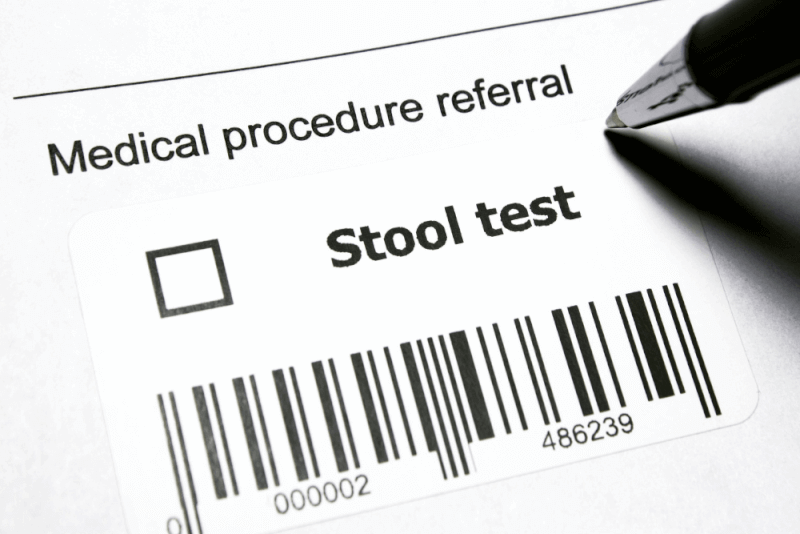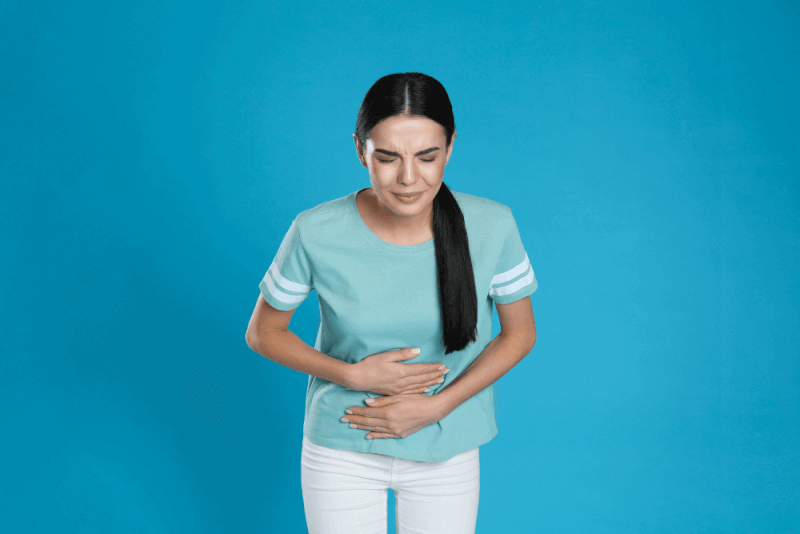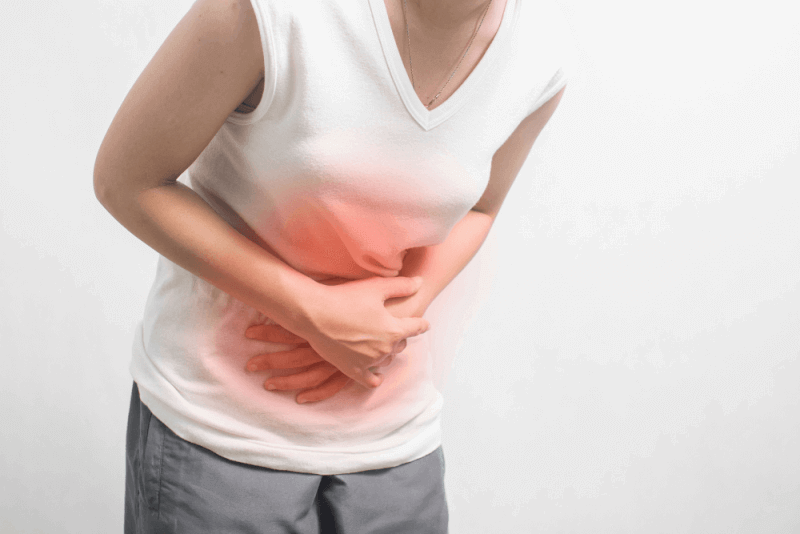What is a Stool Test?
A stool test, also known as a fecal test, is used to detect pathogens in the stool that may cause disease. Additionally, stool tests can look for indicators of certain health issues, such as hidden blood. Specialists use stool tests to check for a wide range of gastrointestinal problems, including infections and cancers.
Why is a Stool Test Done?
Specialists may request a stool test if any of the following symptoms are present:
- Presence of blood in the stool
- Presence of mucus in the stool
- Diarrhea lasting more than 3 days
- Stomach pain or cramping
- Prolonged nausea or vomiting
- Fever
Types of Stool Tests
There are different types of stool tests to diagnose various health issues. These include:
Fecal Occult Blood Test (FOBT)
This test looks for traces of blood in the stool. A positive result indicates bleeding somewhere in the digestive system.
FIT-DNA Test
This stool test detects small amounts of blood and looks for altered DNA that could indicate precancerous or cancerous conditions.
Infection Tests
Specialists can conduct infection tests in several ways, but all aim to detect microbes in the stool, either by culturing them or looking for their DNA under a microscope.
How is a Stool Test Performed?
Typically, no special preparation is needed before a stool test. However, in some cases, specialists may provide specific instructions, such as stopping certain medications or avoiding certain foods. These instructions depend on the test being performed.
Different procedures may require different instructions. Patients should ask their doctor if any special preparation is needed before the stool test. The stool sample is usually collected at home. Patients receive all necessary materials, including a sample container labeled with their name and birthdate.
Specific instructions for collecting the sample are provided to patients. However, some general steps include:
- If urination is needed, it should be done before preparing for the stool test. Urine should not mix with the stool sample as it can affect the test results.
- Something may need to be placed in the toilet to catch the stool. Specialists may provide a tray or container for this purpose. Additionally, a piece of plastic wrap or any clean container can be placed between the toilet seat and bowl. If the stool is loose or liquid, avoid using plastic wrap.
- The stool should not touch the sides of the toilet bowl to avoid contamination.
- Use a plastic tray to place the stool sample into the container. Specialists will specify how much sample is needed.
- After placing the sample in the container, securely close the container immediately.
- Dispose of any remaining stool carefully in the toilet.
- Place everything used to collect the sample in a plastic bag, tie it securely, and dispose of it in the trash.
- Wash hands thoroughly with antibacterial soap and running water after the procedure.
- Deliver the sample to the lab or doctor as soon as possible. If there is a delay, the sample can be stored in the refrigerator for a short period. The sample should be delivered to the healthcare provider within 24 hours.
What Diseases Can Be Detected by a Stool Test?
Stool tests can detect various digestive system conditions, including:
- Anal fistulas
- Anemia
- Colitis
- Colon cancer
- Diverticulosis
- Exocrine pancreatic insufficiency
- Gastrointestinal bleeding
- Hemorrhoids
- Infections
- Stomach ulcers
What Do Stool Test Results Mean?
Stool test results can be positive or negative. A negative result means the stool appears typical, and the lab found no signs of disease, such as blood or microbes. A positive stool test for microbes will also indicate the type of pathogen detected.
If the result is positive, the pathologist
will inform the doctor of the specific type of microbe or pathogen found. They will also report any other abnormal findings, such as excessive amounts of blood or fat in the stool. This information helps the doctor determine the cause of the symptoms and recommend appropriate treatment. If the results indicate cancer, the doctor will refer the patient to an oncologist for further treatment.








